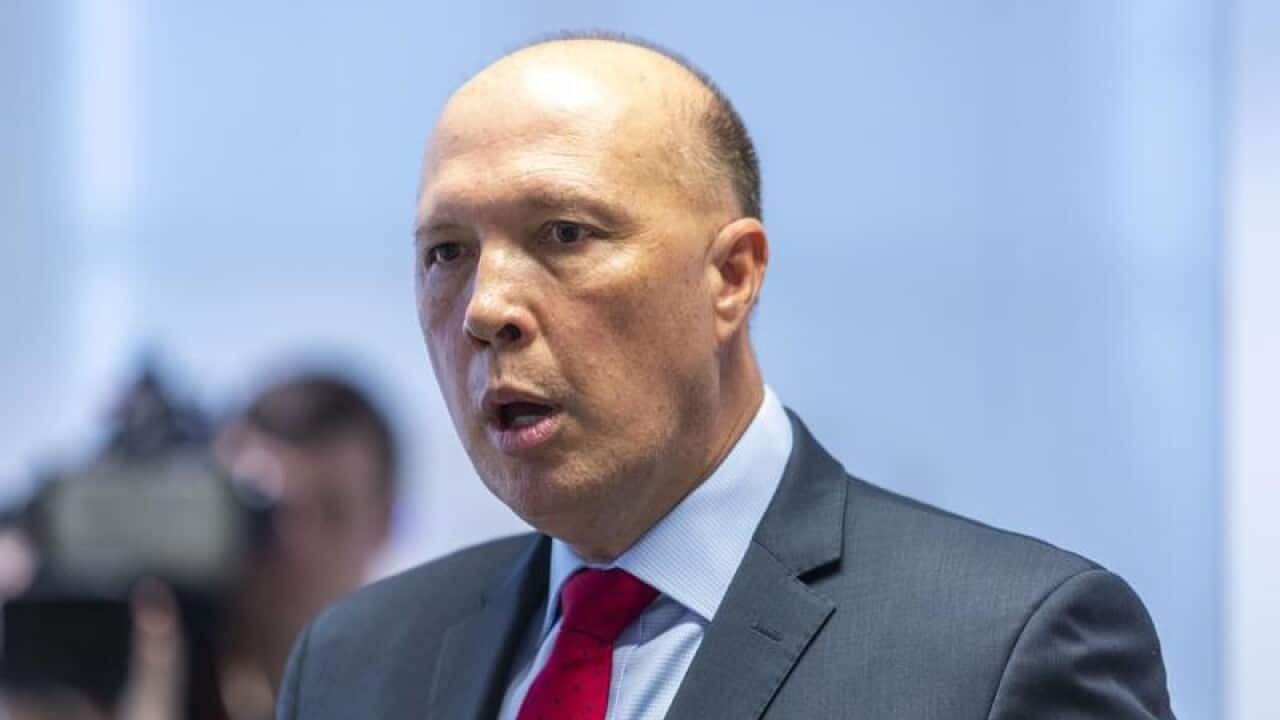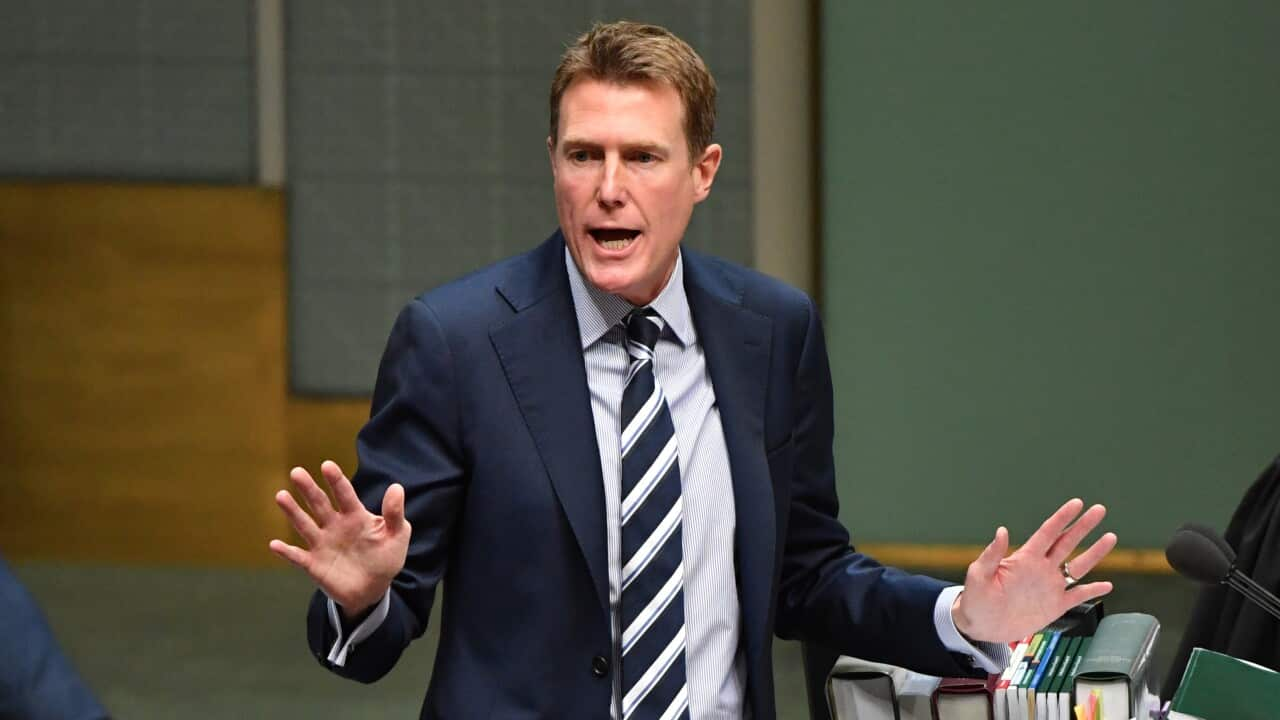Home Affairs Minister Peter Dutton is preparing to introduce legislative changes making it easier to revoke the citizenship of dual nationals convicted of terror offences.
The decision-making model would give the Home Affairs Minister the power to remove the citizenship of dual nationals, on the advice of intelligence agencies and an assessment of conduct.
Under the current legislation, the minister cannot reverse a decision of the Citizenship Loss Board - but the new provisions would allow the minister to change or reverse a recommendation from the advisory body.
The public servant responsible for monitoring Australia's national security laws is demanding that aspects of existing legislation to strip extremists of their citizenship be scrapped.
As the federal government attempts to make the citizenship loss laws even harsher, James Renwick has identified "uncontrolled and uncertain" aspects of existing legislation.
Dr Renwick has no qualm with revoking the citizenship of dual nationals convicted of serious terror offences.
But he has taken issue with "less conventional" powers, allowing citizenship to be stripped from anyone aged over 14 engaged in terrorist conduct, without a conviction or decision by a public official.
Dr Renwick warned the provisions did not sufficiently protect human rights and were likely to breach international law.
"I have concluded that these provisions do not pass muster under the (relevant) act and should, with some urgency, be repealed with retrospective effect," he said in a report tabled in parliament on Wednesday.
In a submission to the Parliamentary Joint Committee on Intelligence and Security, ASIO said the measure would help increase protections against terrorism.
"ASIO considers citizenship cessation to be a legislative measure that works alongside a number of other tools to protect Australia and Australians from terrorism," the submission said.
"But it does not necessarily eliminate the threat posed by those who are subject to citizenship cessation."
The current laws apply to those sentenced to at least six years in prison since 2015 or at least 10 years after 2005.
The legislative changes could affect anyone convicted of terror offences and sentences to at least three years of jail since 2003.
They would reportedly apply to both foreign fighters and offenders in Australia.
Mr Dutton will introduce the legislation to parliament on Thursday.
Share



